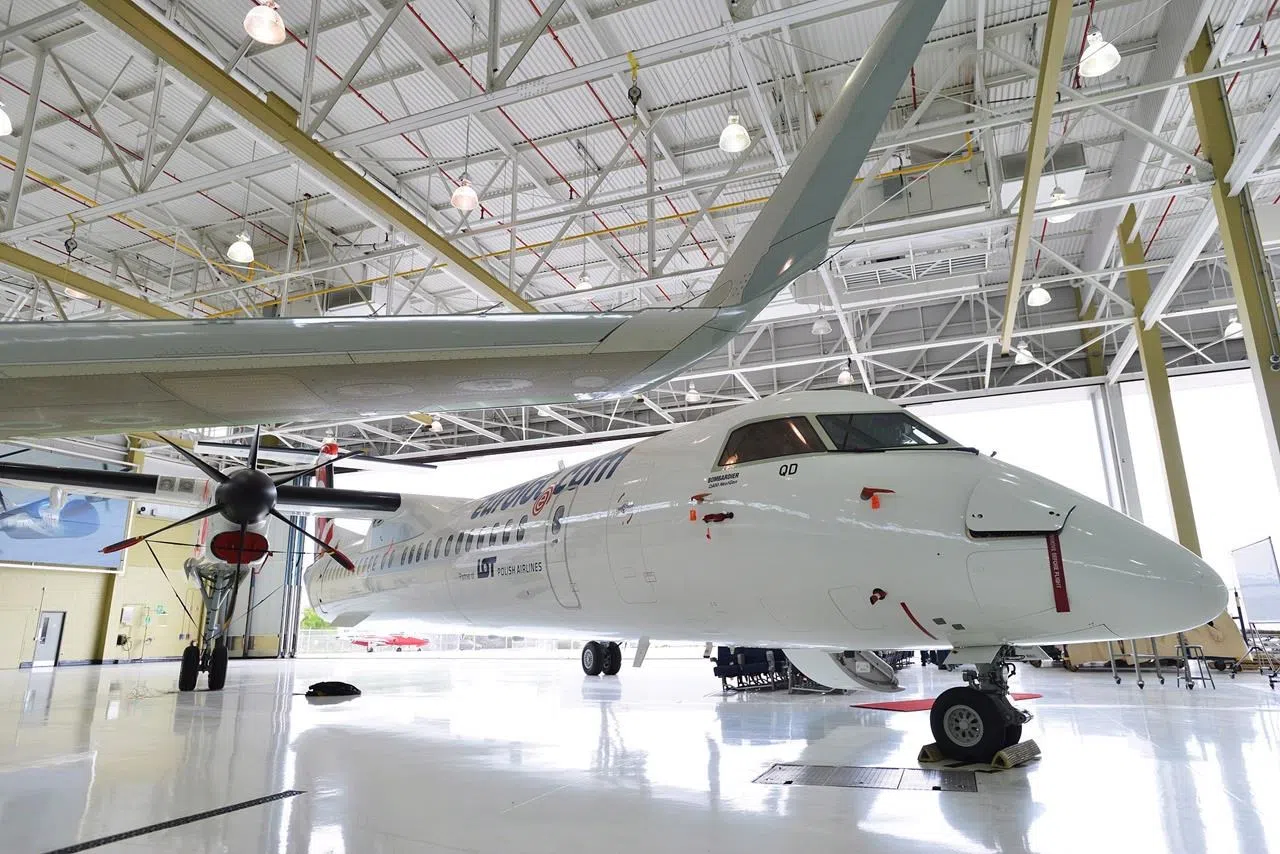
WTO appoints panel to review Bombardier CSeries subsidies
MONTREAL — Bombardier Inc. sustained another blow Friday as the World Trade Organization formally established a panel to review CSeries subsidies at the request of Brazil’s Embraer S.A., just days after the U.S. imposed massive duties after its American rival petitioned its government.
The establishment of a dispute settlement panel comes a month after consultations with Canada failed to resolve Brazil’s complaint that government subsidies for the CSeries are inconsistent with Canada’s WTO obligations.
It also comes the same week that the U.S. Department of Commerce announced a nearly 220 per cent countervailing duty against the controversial planes after Boeing Co. complained Bombardier benefited from improper government subsidies, giving it an unfair advantage when selling its CSeries jets south of the border.
“We believe that the decision of the Commerce Department reinforces the Brazilian government’s claim in the panel opened today at the WTO,” Embraer CEO Paulo Cesar Silva said in a news release.


